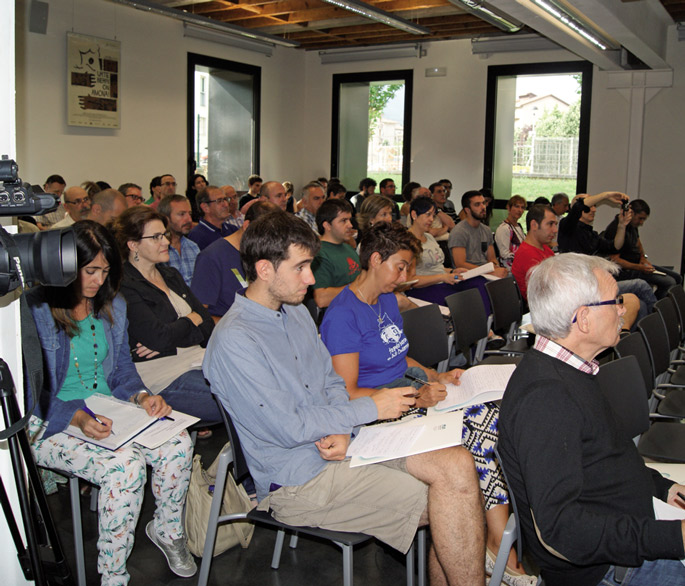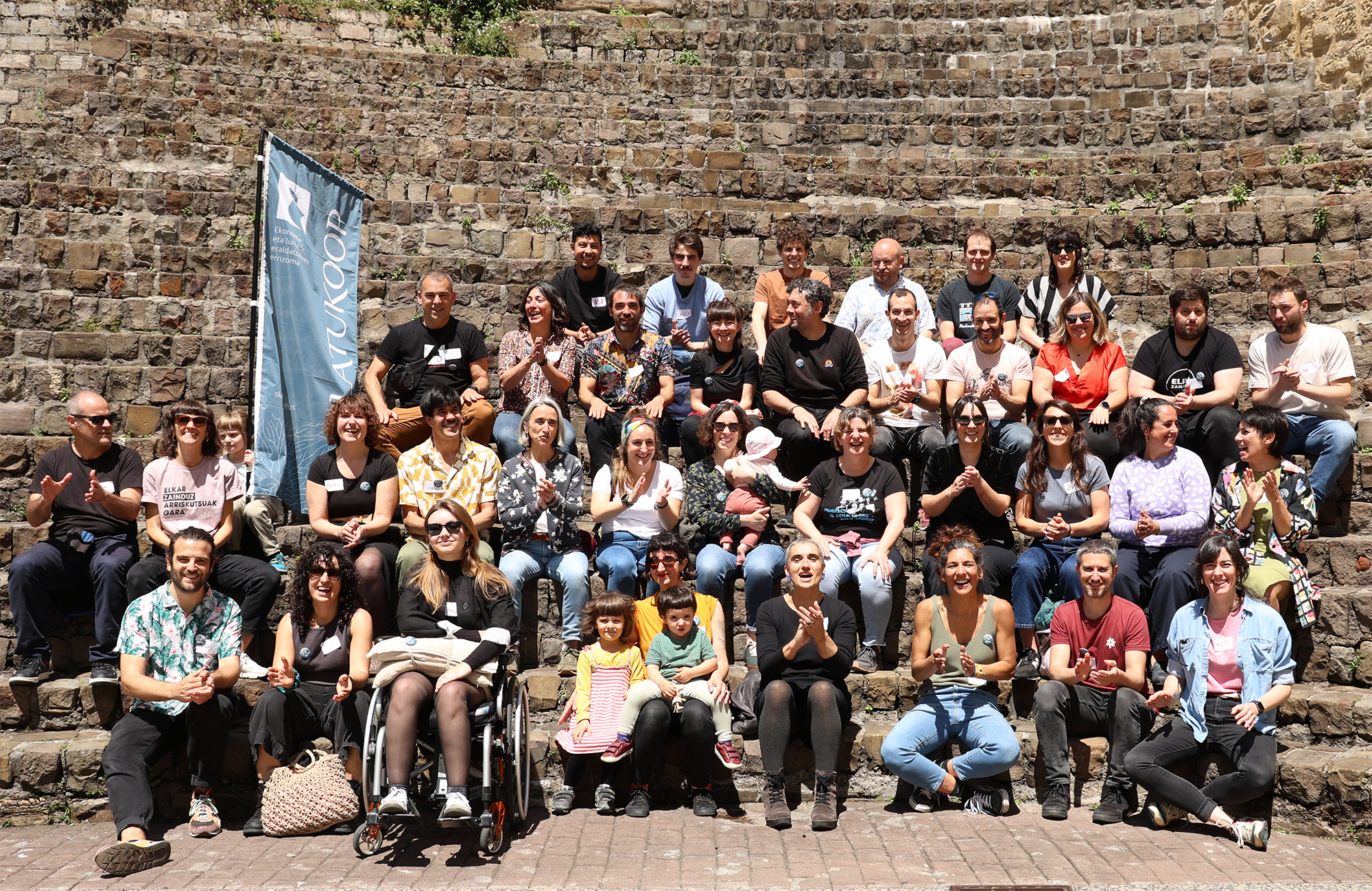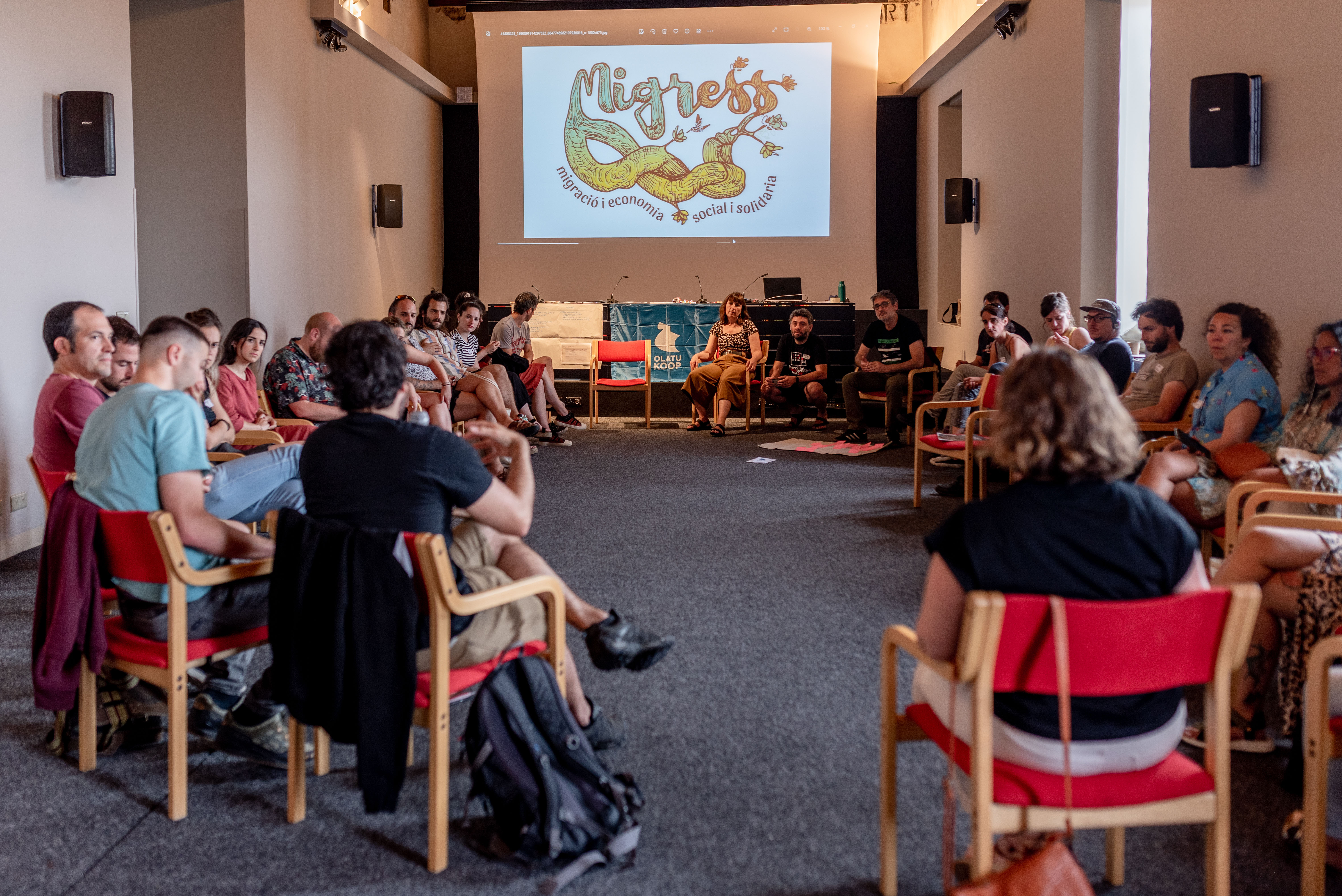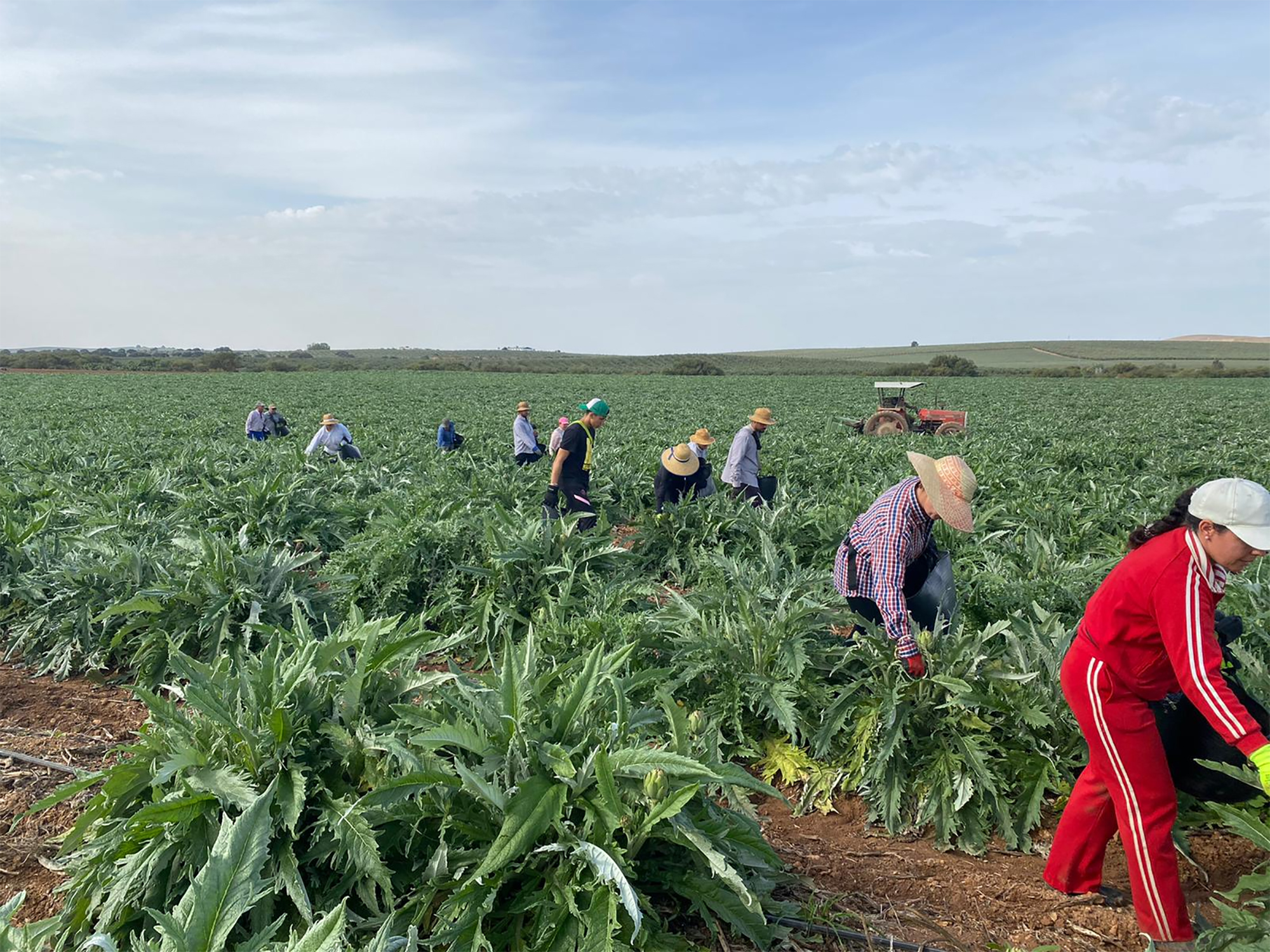"What is cooperativism, resistance or alternative?"
- We're in the third industrial revolution. This was explained by Professor Joan Subirats Humet on 15 July at the conferences organized by the Lanki Institute of Mondragon Unibertsitatea. It focused on the current questions of cooperativism.

“Cooperativism has more capacity to stay in times of crisis than other companies, as it generates less social costs than capitalism. But what is cooperativism, a resistance tool or an alternative?” is the first question that arises. “I mean, is the key to what, to survive better? Or is there any other will? Can we repoliticize cooperativism? Can we discuss who wins and loses when we make decisions? Can we counter the distribution of costs and benefits?” He insisted on the need to discuss the meaning of the economy: “We accept this phrase as a great truth: ‘This project is not economically viable’. Isn't it? It's going to depend on your economic sense!"
When will we do it if we do not do it now?
“It’s time to rethink the questions. We're experiencing the third industrial revolution. We are facing a great social change brought about by the change in the way we produce.” The Economist's Third Industrial Revolution was revived in the 18th century by the first industrial revolution that brought the steam engine, the fordism that brought mass production in 1903 and the third by the creation of the Internet: “Everything is being transformed because this technological change makes disperse production possible. Nowadays files travel and not products. What's impacting? We've moved from industrial capitalism to financial capitalism. The basis for creating wealth is no longer to produce (e.g. build a bridge). They accumulate wealth with the operations of money movements of the stock exchanges, which are open 24 hours.”
Is it better to compete than to cooperate?
“The answer of the capitalist system is that it is always better to compete. In this third situation of industrial revolution, there are those who say that cooperation is more effective. On the Internet, the capacity to improve cooperation is greater than that of closed systems based on competition: Wikipedia will always be better than the British Encyclopedia (the latter was closed). Wikipedia is unstoppable. Wikipedia constantly feeds on the input of people and is a common good. More important than being owned by you is having access. Is the cooperation that the Internet brings, the open source, the continuous improvement, in dialogue with cooperation? In the Catalan experiences I know, no. However, some dynamics that have emerged outside the logic of the Internet and the logic of the market have naturally adopted the model of cooperation.”
Gure lurraldeetan eta bizitzetan sortzen diren behar, desio eta ekimenen inguruan gero eta gehiago entzuten dugu harreman eta proiektu publiko-komunitarioak landu beharraz, eta pozgarria da benetan, merkaturik gabeko gizarte antolaketarako ezinbesteko eredua baita. Baina... [+]
I write these lines the day after the elections to the European Parliament, the dark times, the triumph of the Reactionary International in the elections to the European Parliament. It was already in advance and it is the confirmation of the conservative phase we live in, but it... [+]
One of the major projects developed by Olatukoop with other actors is KoopFabrika, a programme created in 2017 with the aim of boosting social entrepreneurship and which is currently underway.
Initially, the first idea was that the cooperatives and agents that gathered around... [+]
Bizitegi molde kooperatiboak zabalduz doaz Ipar Euskal Herrian. Euskal Hirigune Elkargoko azken biltzar nagusian Nicole Etxamendi, Itsasuko hautetsiak "Bizi lagun" kooperatibak kontutan hartu behar zirela eta alternatiba ona direla azpimarratu zuen.
When I am asked about cooperativism and the transformative economy through the cooperative Talaios and Olatukoop, I say that it has been an opportunity to begin the path to emancipation through work and collective action. And on that road it has been very important to work on... [+]
At the beginning of July we learned that the pastries and sweets factory De Paula will be closed in our town, which is essential for many workers’ houses. They say that pastry shops and, of course, retired workers have every right to rest, but we are going to lose an important... [+]
We insist that we are no longer a partnership or a collective. We went, yeah. We didn't have a collective way of being activist transmaribibollos (no, we're not very supportive of individual activism). We leverage the partnership to bill.
But in 2020, we went from being... [+]





















